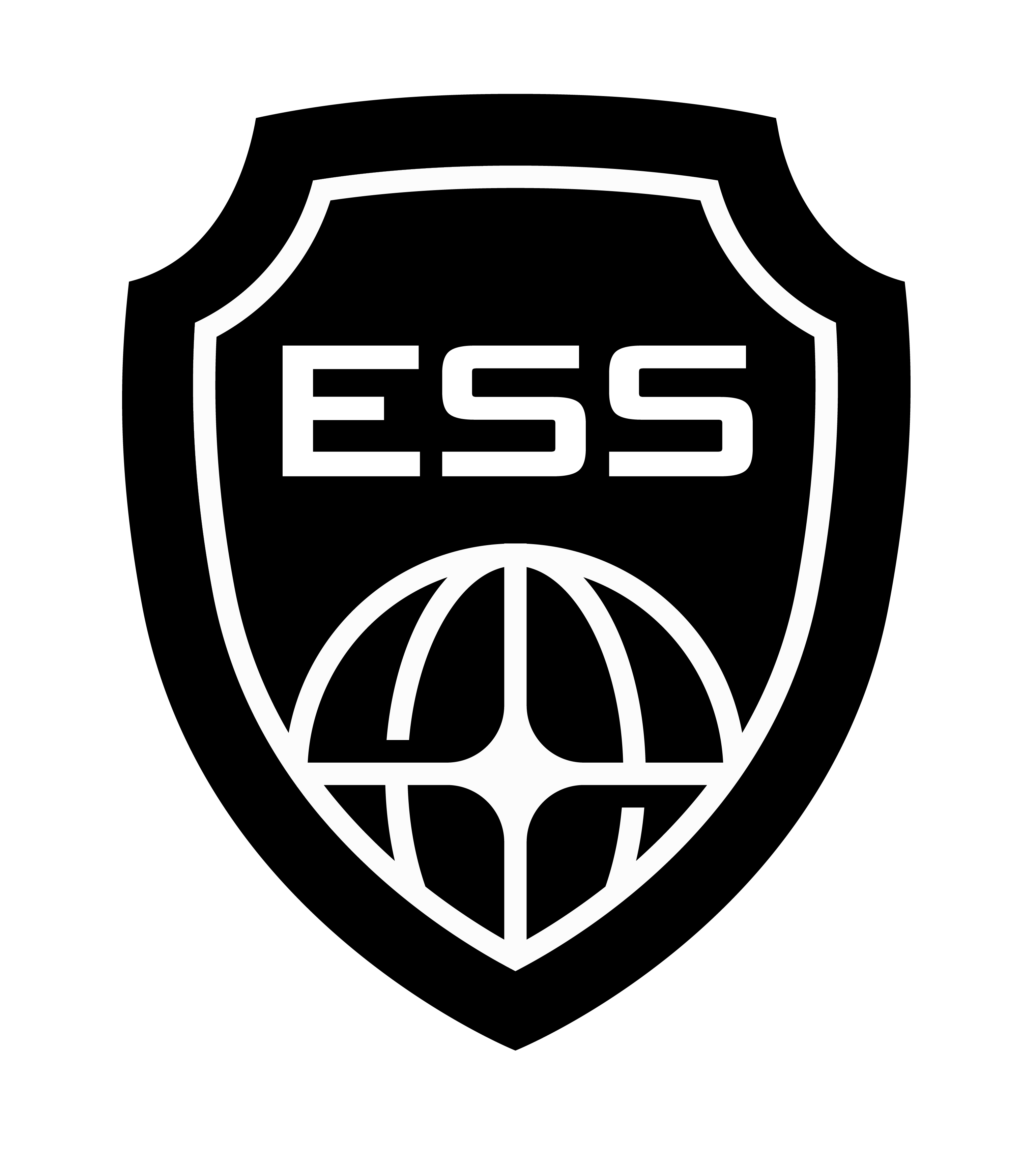In executive protection, while it’s true that your client must trust you, there can be an issue of trust with teammates that leads to trouble.
Executive Protection – An Issue of Trust
Trustworthy – able to be relied on to do or provide what is needed or right : deserving of trust : worthy of confidence (Source: Merriam-Webster’s Learner’s Dictionary)
It goes without saying, that if a client doesn’t have full trust in their Executive Protection agents, Things can quickly go downhill.
But what about your teammates?
The World of Executive Protection
 In Executive Protection the “hard” skills are often perceived as being that of a policeman or military. Though there are certain similarities; proficiency with handguns, hand-to-hand combat skills, etc.
In Executive Protection the “hard” skills are often perceived as being that of a policeman or military. Though there are certain similarities; proficiency with handguns, hand-to-hand combat skills, etc.
However, the psychological skills needed are almost identical as well. Any person taking responsibility for another person’s life will have to consider the adaptability of their psychological capabilities in a variety of situations.
One of the EP primary skills is “adaptability”. This is the adaptability of working in different atmospheres. Keeping the mind relaxed while waiting for a client or a sudden change to a much higher level of stress is very important in Executive Protection.
And how we deal with adaptability, can lead directly to the issue of trust.
Executive Protection – An Issue of Trust
 Trustworthiness is one of the best traits an executive protection specialist can have. But it’s more than client trust. It’s also trust from teammates.
Trustworthiness is one of the best traits an executive protection specialist can have. But it’s more than client trust. It’s also trust from teammates.
Very often, the same teams will work with different clients in different parts of the world. This means separation from family and loved ones, but it also means the “team” is now family. And that means team members get comfortable with each other, kid each other, rag on each other, generally over private radio frequencies.
Occasionally, for better or for worse, this banter may be between agents of differing ethnicities or nationalities.
You can see where this is going…
Whoops
So one day, an agent cracks a joke directed at a group of 3 teammates. 2 thought it was funny and 1 agent was offended.
Now stop for a minute and think what might happen at your workplace if you were the “offendee”. Chances are good you would go to that employee, express your feelings, try to “dial it down” amiably, hoping to gain an apology and then everyone can move on. Or maybe go to a team leader or supervisor (up the ladder).
All perfectly acceptable solutions.
But this was different.
You see, unlike an office environment, in the Executive Protection world you also have a client. And that was the agent’s first stop.
You read that right.
“Bob” didn’t address the offending agent. “Bob” didn’t talk to the team leader or “go up the ladder” at his own company. He jeopardized everyone on the assignment. “Bob” went…
 Directly to the CFO of the client’s company.
Directly to the CFO of the client’s company.
Now the busy CFO hears out the grievance and dutifully sends out an email to all the agents detailing the incident and asking for more decorum.
The Next Day
The next morning, the team forget to call “Bob” and leaves to pick up the client without him. They “forgot” to tell “Bob” what time they were leaving the hotel.
It Gets Worse
The team (minus Bob) picks up the client and the client notices Bob is MIA. “Where’s Bob?”
“We haven’t seen him. We don’t know where he is.”
The client calls his office and say “Send “Bob” home.”
Fired.
It Gets Even Worse
Earning and keeping trust with your teammates is essential. Your life, the lives of your teammates and the life of the client depend on that trust. “Bob” breached that trust in the biggest way possible. There were plenty of options that day and “Bob” (who was well-liked) chose one that put the entire mission in jeopardy and broke that trust.
“Bob” was quickly black-balled in the industry and after years and years of experience, now works at a gym.
